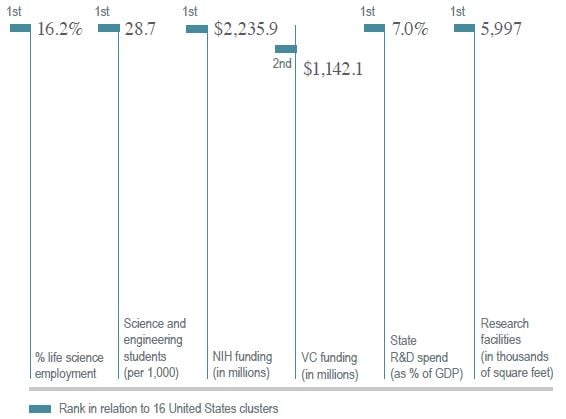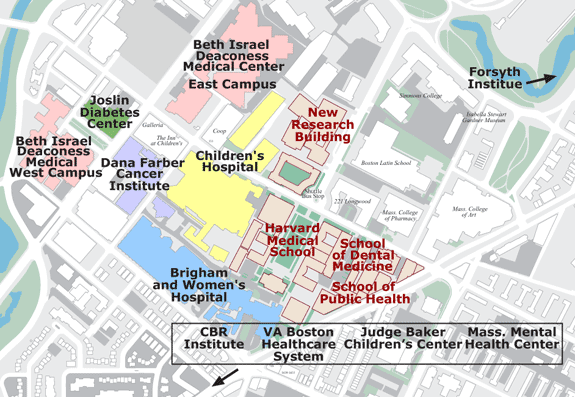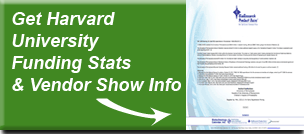In yesterday's blog we referenced the findings of a study of established and emerging life science clusters in the United States. That Life Sciences Cluster Report, produced by Jones Lange LaSalle (JLL, a financial and professional services firm specializing in real estate services and investment management) was the basis of an analysis by GEN Magazine's editor that we cited. Today we're looking at the JLL report directly, which ranks the top 16 US life science regions and pinpoints the top markets for real estate expansion in such industries as pharmaceuticals, biotechnology, medical device technology, agricultural biotechnology and biofuels.
The leader in all areas of criteria but one is the Boston Area, which ranks first among established life science clusters in the US:
[Chart courtesy of Jones Lange LaSalle]
According to the JLL study, Boston is the strongest life sciences region in the United States because it is home to both major academic institutions and a mature critical massof life science companies, where beginning businesses and venture capital investments are also common, despite the higher costs associated with a desirable, urban location. In fact, one large biotech company that moved out to a suburban submarket not long ago lasted only a short time before relocating back to the central hub. It may be that critical but unquantifiable informal knowledge exchange between university and industry scientists (to quote Melba Kurman from yesterday's blog) that happens more often in the center of the hub than on the periphery.
According to the report:
-
The Boston area has 7 times the number of workers in biotech R&D than the national average.
-
Massachusetts receives an average of 13% of all NIH funding.
-
The top 5 NIH-funded research universities in Massachusetts are based in or around Boston.
-
The State of Massachusetts offers significant tax incentives to support the growth of the life sciences.
-
Boston has vibrant submarkets as well as its urban core. The main submarket is Cambridge, but other prime biotech towns nearby include Lexington and Bedford.
- Boston’s Longwood Medical Area is a hot spot for life science research organizations, and is home to renowned institutions such as Harvard Medical School, Brigham & Women’s Hospital, Dana-Farber Cancer Institute, and Merck.
- The South Boston Waterfront, or Fan Pier, is a more recent development and is beginning to attract life sciences institutions.
At a time when collaboration (between researchers, departments, and institutions; as well as industry and the public sector) is considered the optimal way to get work done, Boston's primacy as a life science hub means it is not only positioned well to support growth but to produce ground-breaking research results. Harvard Medical School, for example, is affiliated with no fewer than 17 major hospital and medical research institutions, plus Harvard University itself, all in the greater Boston area. Here are the central research and clinical institutions that Harvard Med works with:
[Map courtesy of Harvard Medical School]
Biotechnology Calendar, Inc. will hold its 6th Annual Boston BioResearch Product Faire event on the campus of Harvard Medical School on March 22, 2012. We actively invite researchers from all of Harvard's affiliated research institutions in the area plus all of its own research faculty to attend and meet with top suppliers of life science research equipment and supplies to discuss advances in equipment technology and laboratory research needs. For information on exhibiting, click here:




